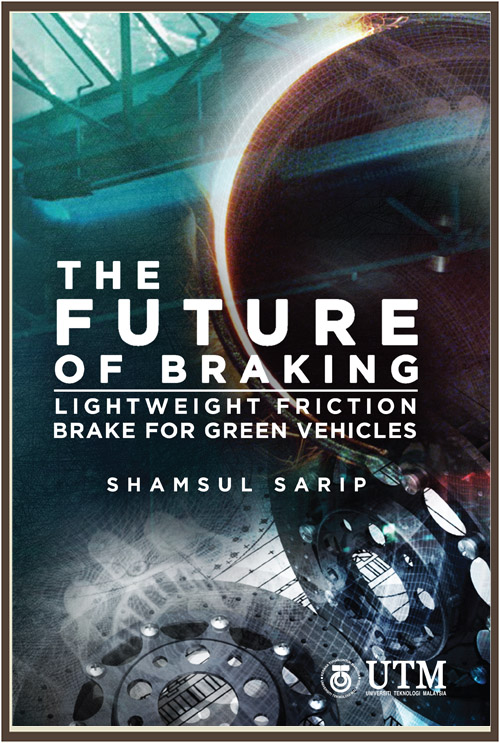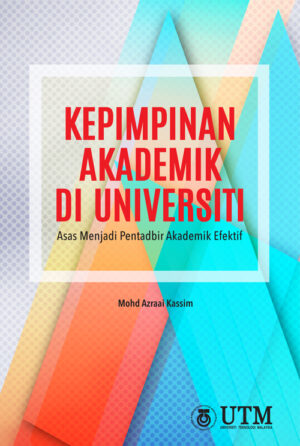Description
One of the benefits of green vehicles is their potential to recuperate braking energy. Regenerative braking will minimize duty levels on the brakes, giving advantages including extended brake rotor and friction material life and, more significantly, reduced brake mass and minimized brake pad wear.
This book introduces a mathematical analysis (MATLAB) to analyses the accessibility of regenerative braking energy during a single-stop braking event. The results have indicated that a friction brake could be downsized while maintaining the same functional requirements of the vehicle braking in the standard brakes, including thermomechanical performance (heat transfer coefficient estimation, temperature distribution, cooling and stress deformation). This would allow lighter brakes to be designed and fitted with confidence in a normal passenger car alongside a hybrid electric drive.
An approach has been established and a lightweight brake disc design analyzed FEA and experimentally verified is presented in this research. Thermal performance was a key factor which was studied using the 3D model in FEA simulations. Ultimately, a design approach for lightweight brake discs suitable for use in any car-sized hybrid vehicle has been developed and tested.
The final part of the book describes the results from experiments on a prototype lightweight brake disc were shown to illustrate the effects of RBS/friction combination in terms of weight reduction. The design requirement, including reducing the thickness, would affect the temperature distribution and increase stress at the critical area. Based on the relationship obtained between rotor weight, thickness and each performance requirement, criteria have been established for designing lightweight brake discs in a vehicle with regenerative braking.




